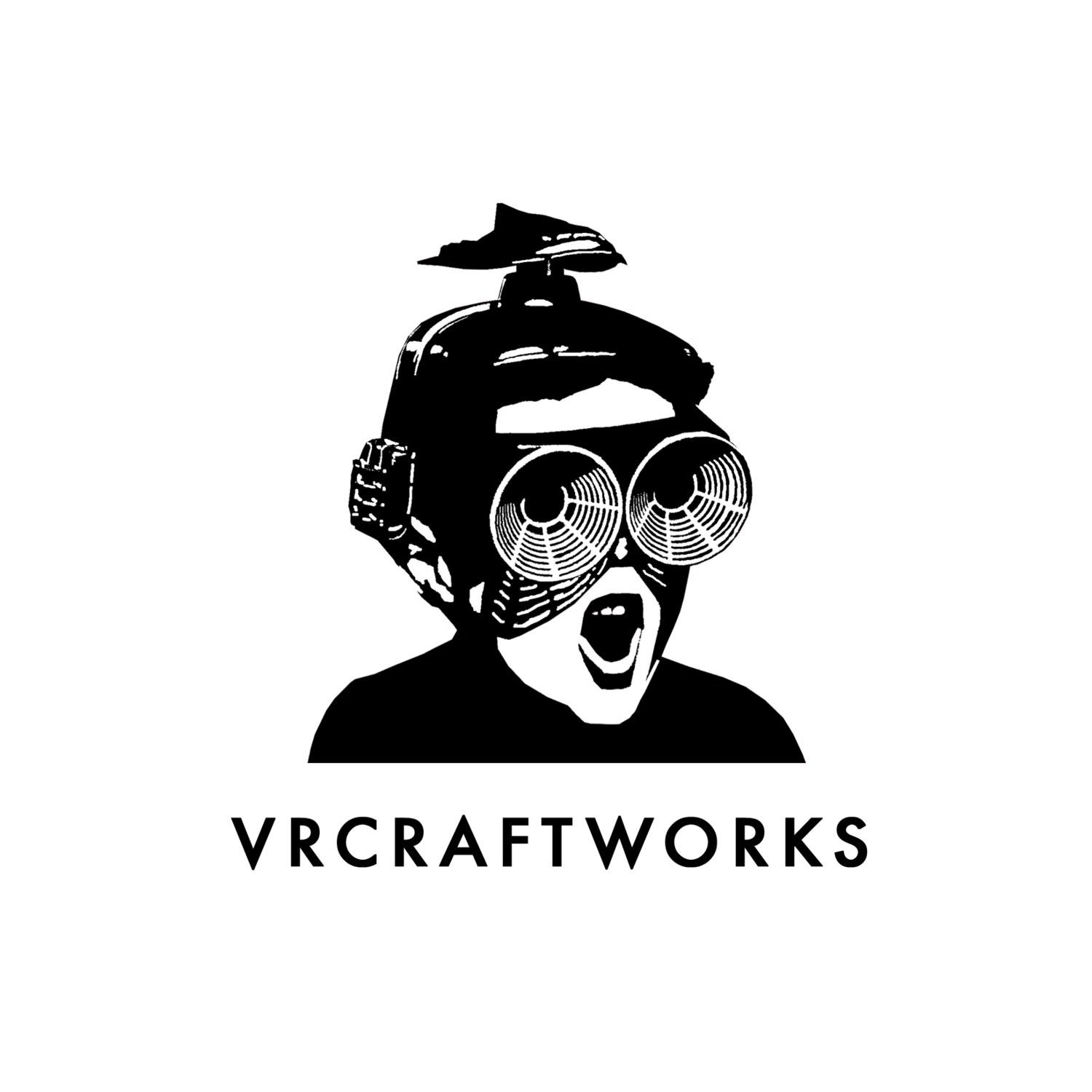Facebook’s Leap of Faith: Augmented Reality
Facebook’s extensive portfolio includes Instagram, WhatsApp and Oculus.
Facebook has taken another step forward with its features, placing emphasis on the use of AR camera effects at the 2018 F8 conference. Our vast developer community came together in San Jose, to explore the endless possibilities of the future of technology. Recent ramifications in response to Facebook’s privacy terms have led to the growing importance of providing Facebook’s users with powerful tools, that are only used for good.
Amongst key aspects such as the re-launch and more comprehensive app review process, Facebook announced its investment into over 100,000 worldwide developers, looking to focus most on transparency and accessibility.
Last year’s F8 saw the release of Facebook’s AR platform, this year’s conference sees its release to Instagram too.
Developers (whether that be general users or marketers) can create interactive camera experiences, with face filters and background effects at their disposal.
Facebook's most recent announcement is their AR advert feature which is now accessed via users' news feeds. This has widened the possibilities with AR, with options to use news feeds as a new, interactive, and immersive way of advertising.
Facebook’s Messenger app joined the party with the launch of integrated AR camera effects. With aims to provide instant feedback on purchases, this allows users to virtually customise, try on and experience the product(s).
Starting as a closed beta, these features were first accessible to four global titans: ASUS, Nike, Kia and Sephora. Such features allowed Kia to advertise its Stinger model, Sephora enabling virtual makeup, and ASUS with virtual unboxing experiences. Nike, however, took this feature by storm due to the unveiling of the limited-edition Kyrie 4 Sneakers, consequently selling out in under an hour!
Facebook continued its leap of faith by announcing the release of VR to the mainstream. Efforts have since been focused on new apps for share VR experiences and creating new unique styles of doing so. 3D posts have also been enabled in news feeds, yet overshadowed by the Oculus Go, the first all-in-one headset from the brand, with over 1,000 apps to use – more information at bottom.
Available for free to all Mac users, Facebook’s AR Studio allows friends, followers, and developers to create their own, unique AR experiences with all the tools to their disposal. The studio includes trackers for interactivity.
Despite its current use for imagination and creation, the studio will roll out accessibility for global brands to use.
The AR experiences are compatible with most device models:
- iPhone 8, 8+, X, SE
- iPad, iPad Pro
- Google Pixel 2, Google Pixel 2 XL
- LG G6
- Samsung S9, S7, S5, S4
- Samsung Galaxy Grand Prime VE
- Nexus 7, 9
At no extra cost to developers, besides the initial auction for the advertising space, these AR features are effective and cost-efficient, a promising opportunity for anyone.
The studio adds instructions such as ‘Find a Face’ internally, with accessibility to add custom instructions.
Yesterday, Facebook publicly announced the future of AR. 1 in 3 customers find Facebook videos the best medium of marketing, so Facebook are releasing a Video Creation Kit where AR features can be combined into a powerful advert by global developers.
This Feature rolls out to Facebook, Insta and Messenger in August.
The virtual world has growing and considerably endless opportunities for creativity, development, and marketing, with a growing number of platforms and experiences.
Take your Leap into the Virtual world, contact us here.
Posted By: Ben Dicker - Marketing Executive




